Social skills for kids are one of the most challenging, confusing, and rewarding aspects of raising young children.
Child growth is a fascinating subject. Humans begin as vulnerable infants who rely on caretakers for their needs, then grow into independent children and, hopefully, high-functioning adults. What happens during these developmental stages is critical to your child’s future development.
As your kid grows, he or she will learn social skills in various ways. A toddler, for example, will not learn new abilities like a school-aged child. The skills that children develop will differ according to their needs and surroundings.
As kids grow older, their abilities complement one another. Social skills training for children is crucial; starting early and building on skills as a kid will help them gain what they need to become well-developed individuals.
Continue reading to learn about social skills for kids and when they should learn them. In addition, we look at other activities you can do with your child to teach them these crucial skills!
What are social skills?
Social skills for kids: Social skills are our everyday abilities to interact and communicate with others. Speech, gestures, facial expressions, and body language are examples of nonverbal communication. People have great social skills if they grasp written and implied rules while speaking with people and know how to behave in social situations.
Why are Social Skills for Kids Important?
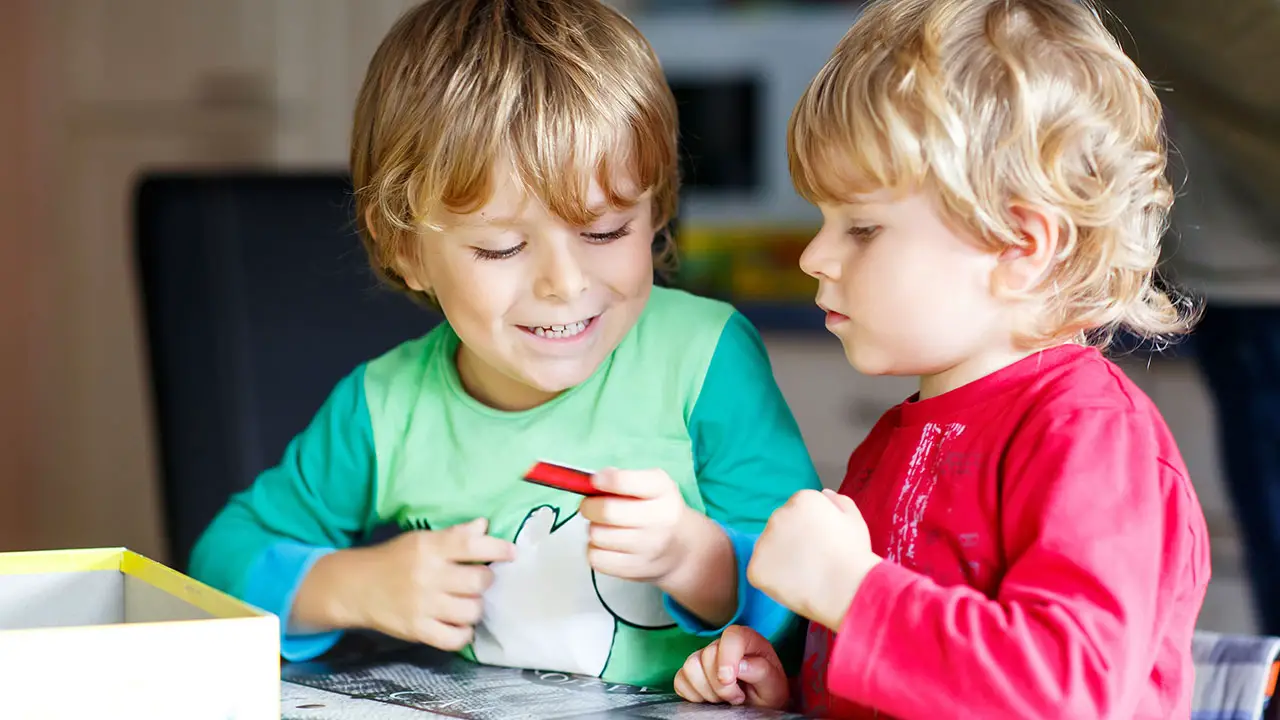
Social skills for kids: When it comes to a child’s growth and development, certain milestones show how far they’ve come. Developing social skills is beneficial in many aspects of a child’s life.
According to research, a lack of social skills might lead to poor child development. It can impair their ability to form relationships, damage academic performance, induce loneliness, and contribute to future behavioural issues. This is why it is critical to teach social skills to kids at a young age.
Several social skills are indicative of a child’s development. These are examples of sharing, cooperation, following directions, eye contact, etiquette, and personal understanding. These valuable skills will help children succeed in their social lives.
Children with high social development can make stronger friendships and are more likely to thrive in school. According to research, children with higher levels of social competence benefit in the following areas:
- Two times as likely to pursue postsecondary education
- More likely to graduate from high school
- Less likely to take illegal drugs
- Less likely to get into legal trouble
These are just a few ways that a child can benefit from knowing how to get along with others. Special programs help build a strong foundation for future success and improve social skills.
Social Skills in Early Child Development
Social skills for kids: Children show different social cues at different stages of growth. Most children can show different types of child development skills at each age. Even though each child develops differently, each age is marked by certain milestones.
Ages 2 to 3
Children like to imitate others at this age, particularly older children and adults. They like engaging with other children and are thrilled to meet them. They also exhibit behaviour that contradicts what they are supposed to do.
While the terrible twos can spark some misbehaviour, children become increasingly independent around three. They can display many emotions, including empathy and fondness for a friend.
They may also show frustration with changes in their routine at this age.
Ages 3 to 4
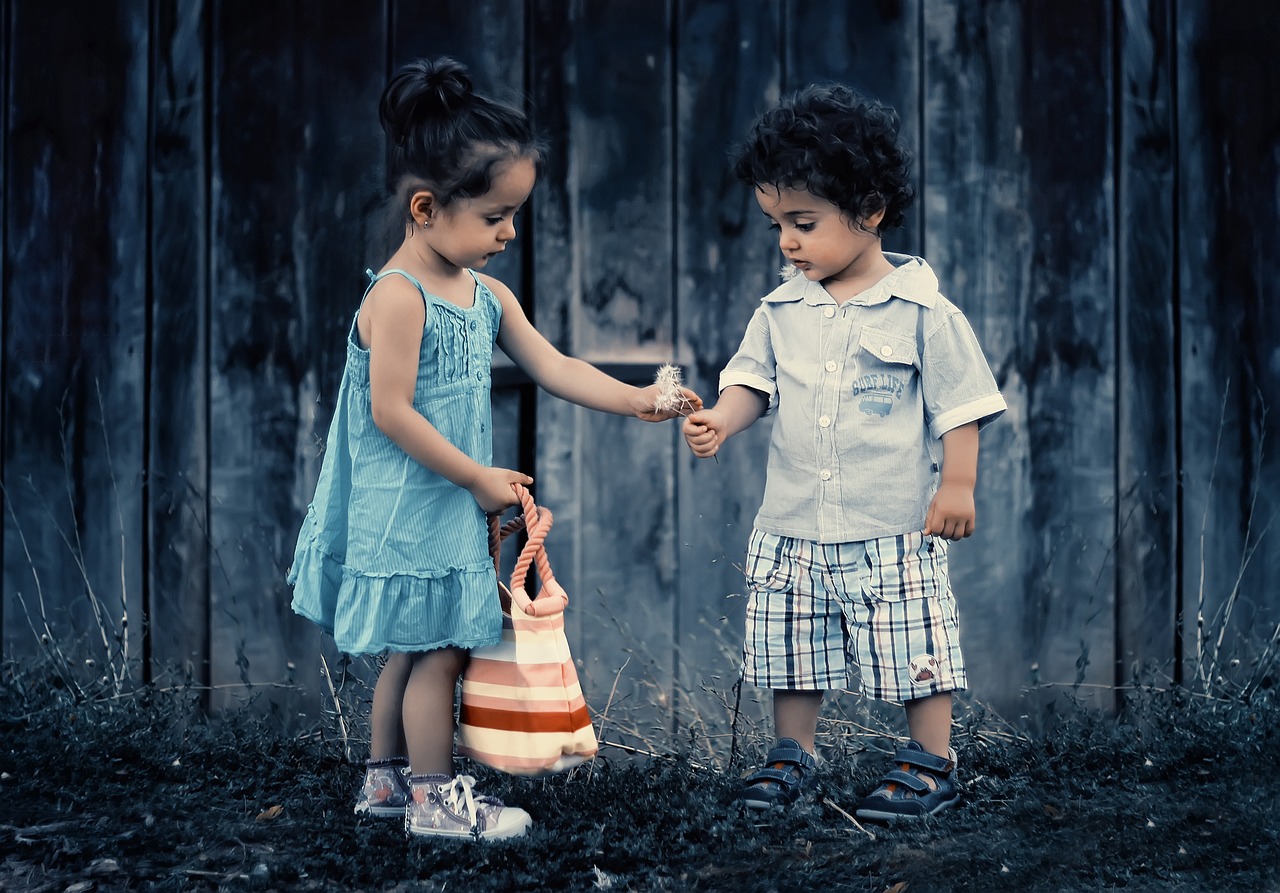
Children between the ages of 3 & 4 like trying new things. They become more imaginative in their play and like acting out mom and dad roles. On the other hand, they cannot understand the concept of make-believe.
A child of this age can work with other children. They can also share what they like and dislike.
Ages 4 to 5
Children aged four to five want to please their peers and begin to imitate them. They are more inclined to follow the rules and show higher independence. They might also be demanding in certain situations.
They are also conscious of their gender and enjoy singing and dancing at this age. They now understand the concept of make-believe.
Ages 5 to 6
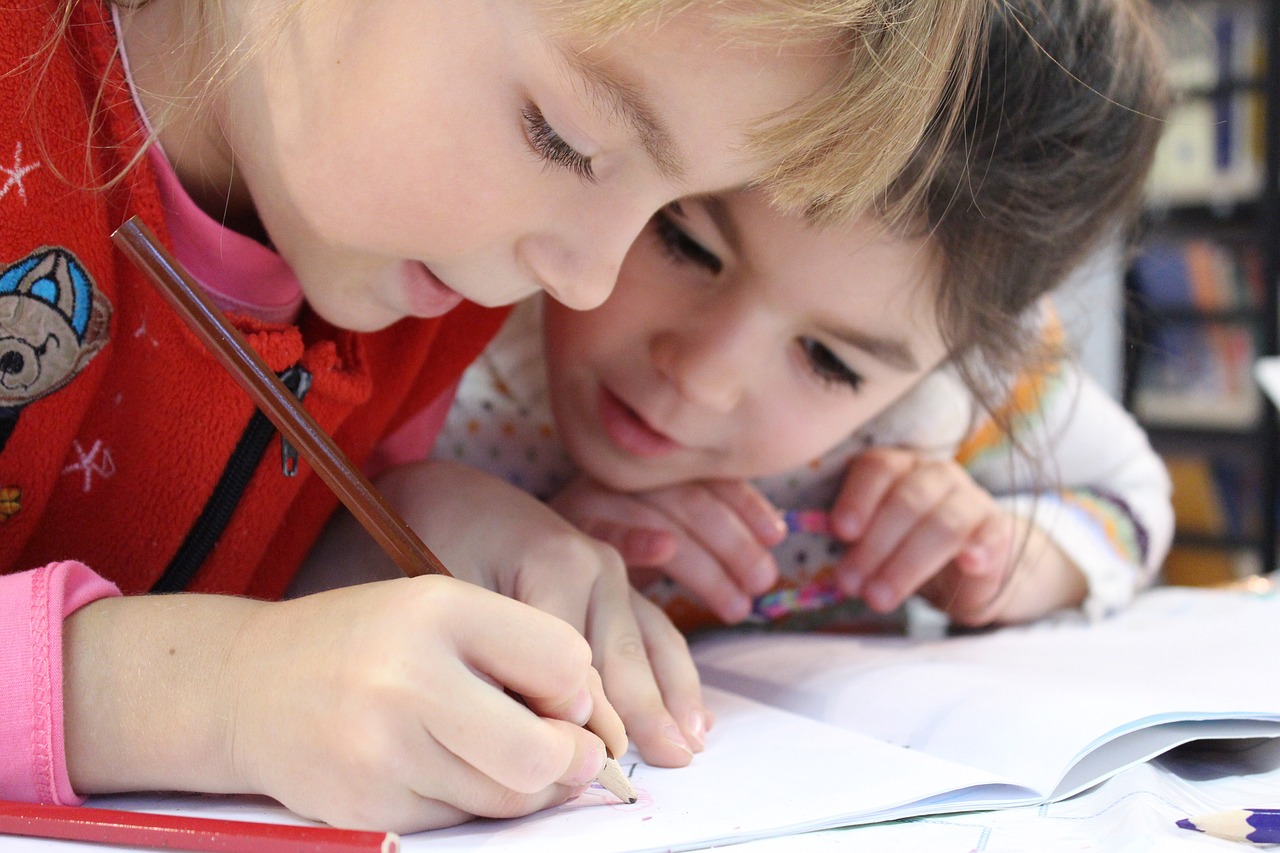
From age five to six, children should be able to follow daily routines, take turns, and understand directions.
Children can understand the concept of humour at this age and explain their emotions’ cause and effect. They are also conscious that their actions may cause problems for others in a given situation. In most talks, they can communicate effectively, and others can understand what they are saying.
Benefits of Developing Social Skills in Kids
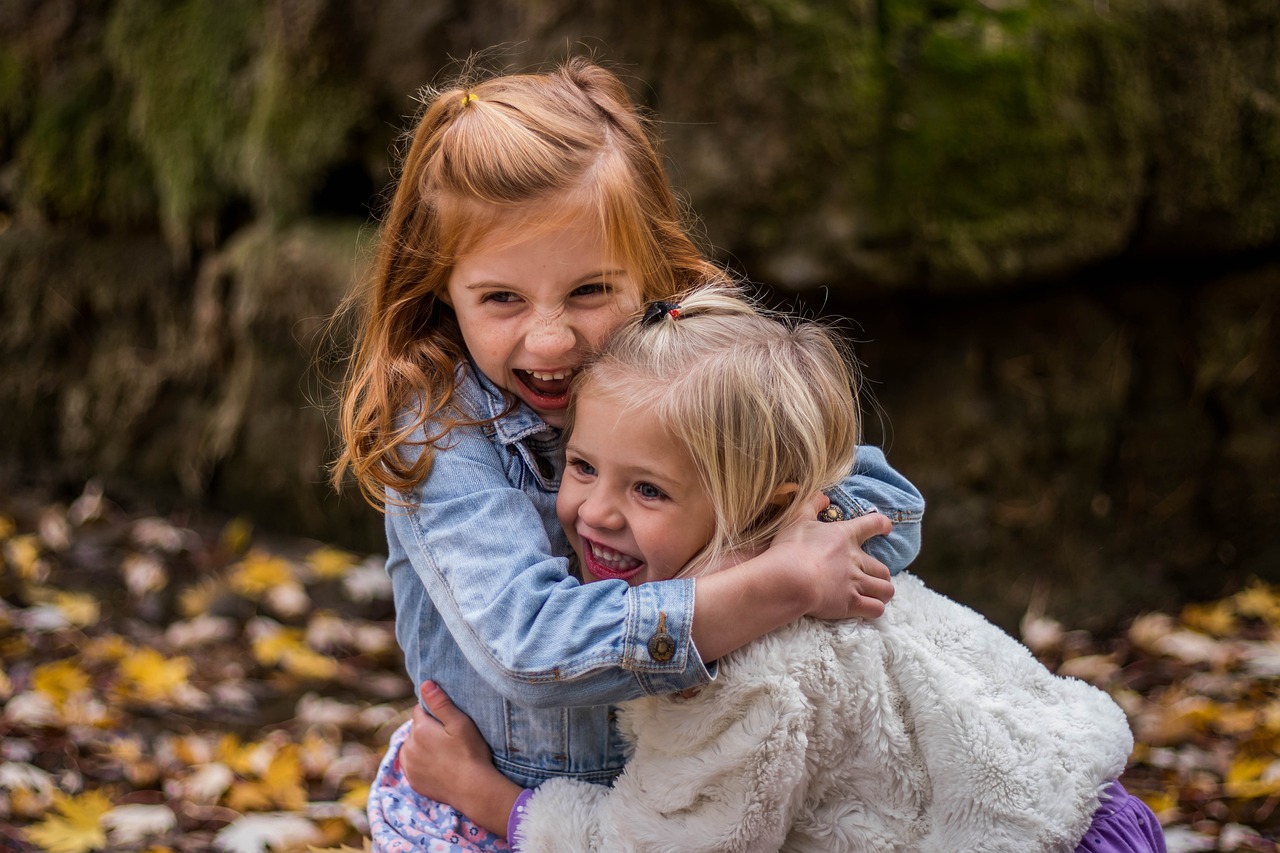
Social skills provide many benefits to children. They have been related to improved academic performance and peer connections.
1. Better Outcomes
Penn State and Duke University researchers discovered that children who were better at sharing, cooperating, listening, and following rules at the age of 5 were more likely to attend college. They were also more likely to be working full-time by the age of 25.
2. More Success
Children with strong social skills may have a better future. According to an American Journal of Public Health study, a kindergarten child’s social and emotional skills may be the best predictor of adult success.
Children who didn’t have good social and emotional skills were more likely to need help from the government, get in trouble with the law, struggle with drug use, and have problems in their marriages.
3. Stronger Friendships
Children with great social skills and who get along well with their peers are more likely to establish friends. According to research, early friendships are beneficial to children’s mental health. Friendships also provide opportunities for youngsters to practice more advanced skills such as problem-solving and conflict resolution.
4. Reduced Stress
Not being able to interact with other people probably also adds to stress. Children, for example, experience stress when separated from their families. It only gets worse when they are unable to interact successfully with others.
Researchers discovered that when children learn new social skills, their cortisol levels, a hormone released during stressful situations, decrease.
The good news is that social skills can be learned. Teaching children how to get along with others is never too early. It’s also always possible to hone their skills. Begin with the most fundamental social skills and gradually improve your child’s abilities.
What are the basic blocks required to develop social skills?
- Attention and concentration: Sustained effort, executing things without interruption, and maintaining that effort long enough to complete the task.
- Receptive (understanding) language: Language comprehension
- Expressive (using) language: The use of language to express wants, needs, thoughts, and ideas through speech, sign, or alternative modes of communication.
- Play skills: Voluntary participation in self-motivated activities typically associated with pleasure and happiness, where the activities may or may not be goal-oriented.
- Pre-language skills: Gestures, facial expressions, imitation, joint attention, and eye contact are nonverbal cues.
- Self-regulation: The ability to get, maintain, and adjust one’s emotion, behaviour, attention, and activity level in a socially acceptable manner for a task or setting.
- Executive functioning: Higher-order reasoning and critical thinking abilities
- Planning and sequencing: The order in which you do a multi-step task or activity to achieve a clear goal.
What problems can occur when a child has social skill difficulties?
When a child has trouble with social skills, they may also have difficulties with:
- Behaviour: The child’s activities, usually with their environment (e.g., refusing to go to social events, including parties, or engaging in misbehaviour, such as pulling a peer’s hair or yelling to obtain someone’s attention).
- Sensory processing: The child may have trouble paying attention or staying on task and understanding what is happening around them.
- Completing academic work (For example, the child may misunderstand spoken or written instructions for tasks and have trouble writing creatively.)
- Receptive (understanding) language: Language understanding
- Expressive (using) language: The use of speech, sign language, or other ways to talk to tell others what you want, need, think, or have an idea.
- Articulation: Clarity of speech, sound, and spoken language.
- Fluency: The ease with which sounds, syllables, words, and phrases are formed when speaking.
- Voice: The sound we hear when someone speaks is unique to each individual.
- Self-regulation: The ability to get, maintain, and adjust one’s emotion, behaviour, attention, and activity level in a socially acceptable manner for a task or setting.
- Executive functioning: Higher order reasoning and critical thinking abilities.
Here are 10 Must-Have Social Skills for Kids:
1. Sharing
Sharing is a normal part of life. That doesn’t make things any easier!
Sharing can be a tough idea for young children to grasp. Toddlers, preschoolers, and kindergarteners have it especially tough since they are more concerned with their own needs and desires than others.
This is normal. The urge to satisfy people is considerably stronger than the need to “belong” to anything.
Even if it is difficult to share, it is essential for a child’s social skill development since it allows them to maintain and advance connections. It’s also an excellent way to bond and express gratitude.
2. Listening
Active listening is a crucial skill that many adults struggle with. Deciphering and absorbing information demands focused attention.
We all know this can be difficult for young children, but active listening can help them improve their receptive language skills (the ability to understand spoken language).
Receptive language skills benefit your child in the following ways:
- Mangage social interactions
- Respond to questions
- Understand stories.
- Know what they’re reading
- Recognize gestures
Your child will learn how crucial it is to listen while others actively speak as they build their social skills.
Listening to what others say and responding immediately to their statements or questions is an important aspect of healthy communication.
3. Following Directions
The cousin of effective listening skills is carrying out the instructions your child heard — also known as following directions!
Following directions becomes especially crucial once your child attends school.
It’s one thing for kids to follow directions at home with their parents, where they’re already comfortable. It’s a whole different thing for them to follow directions from adults they may not know.
Your child will discover how listening and following directions overlap. They can readily follow directions if they listen well. And when they successfully follow directions, they are often rewarded for their efforts!
However, remember that multi-step instructions can be difficult for small children. Give them one direction at a time to assist them in building their capacity to follow directions.
4. Collaborating And Cooperating
Similarly to sharing goods, your child will learn to share ideas, tales, and tasks.
Children with high collaboration and cooperation skills will learn that working in a group allows them to voice their thoughts while also listening to the opinions of others. It shows them that working on a collaborative project can be enjoyable!
This may appear straightforward, but collaboration involves considerable effort for young children. Respecting others’ opinions, even if they differ, will take time.
Working together toward a similar objective allows children to expand their sharing skills to cover intellectual and physical tasks (for example, wiping the dinner table with a sibling).
5. Patience
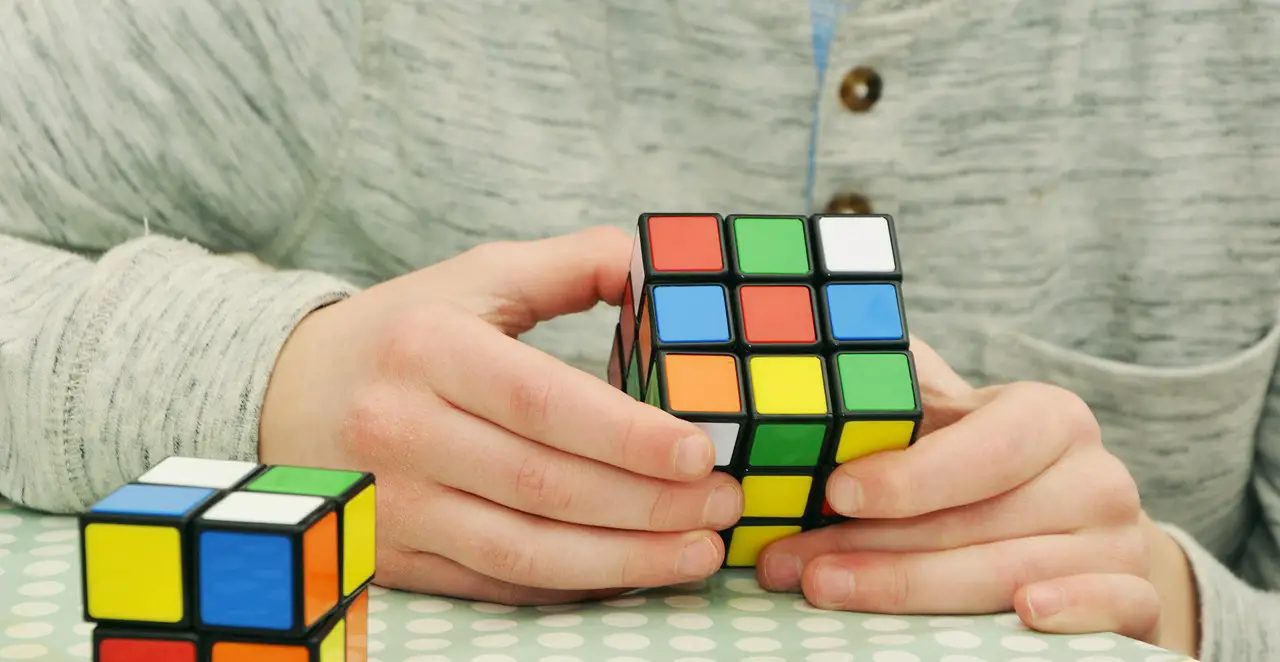
How often have you heard “Patience is a virtue”? We’re back to tell it one more time!
Young children are prone to becoming impatient. However, one of the most rewarding social skills for children is patience.
Patience is essential for many things, including preserving friendships and relationships and achieving large tasks that can only be completed over time.
The principle of delayed gratification comes into play here. When you teach your child that good things take time, you teach them patience.
Patience requires practice and, you guessed it, patience! Have faith that it will arrive with time (as everything does).
6. Empathy
When we say “empathy,” we mean the traditional definition, which is understanding and sharing another person’s feelings.
Your child will learn to appreciate how their life and the lives of the people they meet are alike and different. They will also learn to understand these people, no matter how different they are. This can mean small things to young children.
For instance, if a friend or sibling cries because your child is playing with a certain toy, your child may stop and say, “I’m sorry, I’m playing with that toy.” “I know that you also want to play. Don’t feel down. We can each have a go!”
But this feeling of empathy probably won’t happen overnight! Empathy grows over time and in different situations.
The easiest way to help your child learn empathy is to show them how it works. When you show your child grace, they will learn how to do the same for others.
7. Respecting Boundaries
Some people need emotional and physical boundaries different from what your child needs.
This can be challenging, especially for young kids who learn most social skills at home.
If your child is outgoing, they might think giving hugs, asking questions, or talking a lot is fine. They might be right sometimes! In other situations, they might cross lines while trying to be friendly.
Teaching your child how to ask for permission and recognize boundaries helps them learn how to treat themselves and others with respect. In the same way, you should help them set limits for themselves.
Tell your child that it’s OK to say no to kisses, hugs, or other displays of affection from anyone if they feel uncomfortable. Ask yourself questions (“Would you like a hug?”) to show how this works.
Everyone feels more at home when they say their boundaries and ask others to do the same.
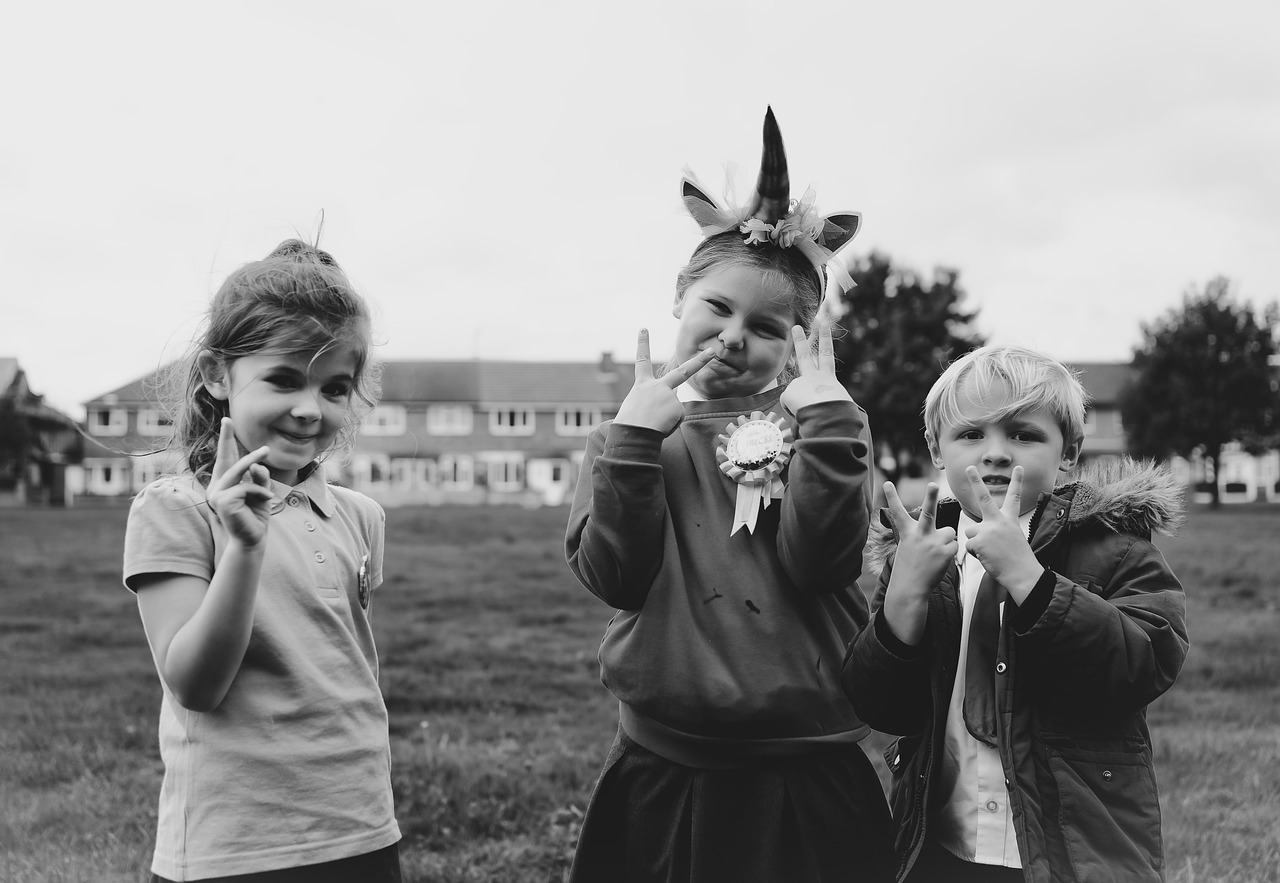
8. Having a Positive Attitude
Social skills for kids: Working on positivity can make it much easier for your child to learn many of the other social skills for kids we’ve talked about, especially patience, boundaries, listening, and sharing.
If your child is happy, it will be easier for them to make and keep friends, do well in school, and reach their goals.
The easiest way to show someone how to be positive is to do it yourself. The more confident and upbeat you are about your child’s social skills, even when they make mistakes, the more confident and upbeat your child will become.
This doesn’t mean that you always have to be happy. A healthy amount of honest criticism can help your child learn to talk about their feelings.
Start with how you feel about yourself. If you can, tell them how you’re feeling and dealing with it right now. Kids need to know that it’s OK to feel sad, mad, or upset and that they can handle it.
9. Good Hygiene
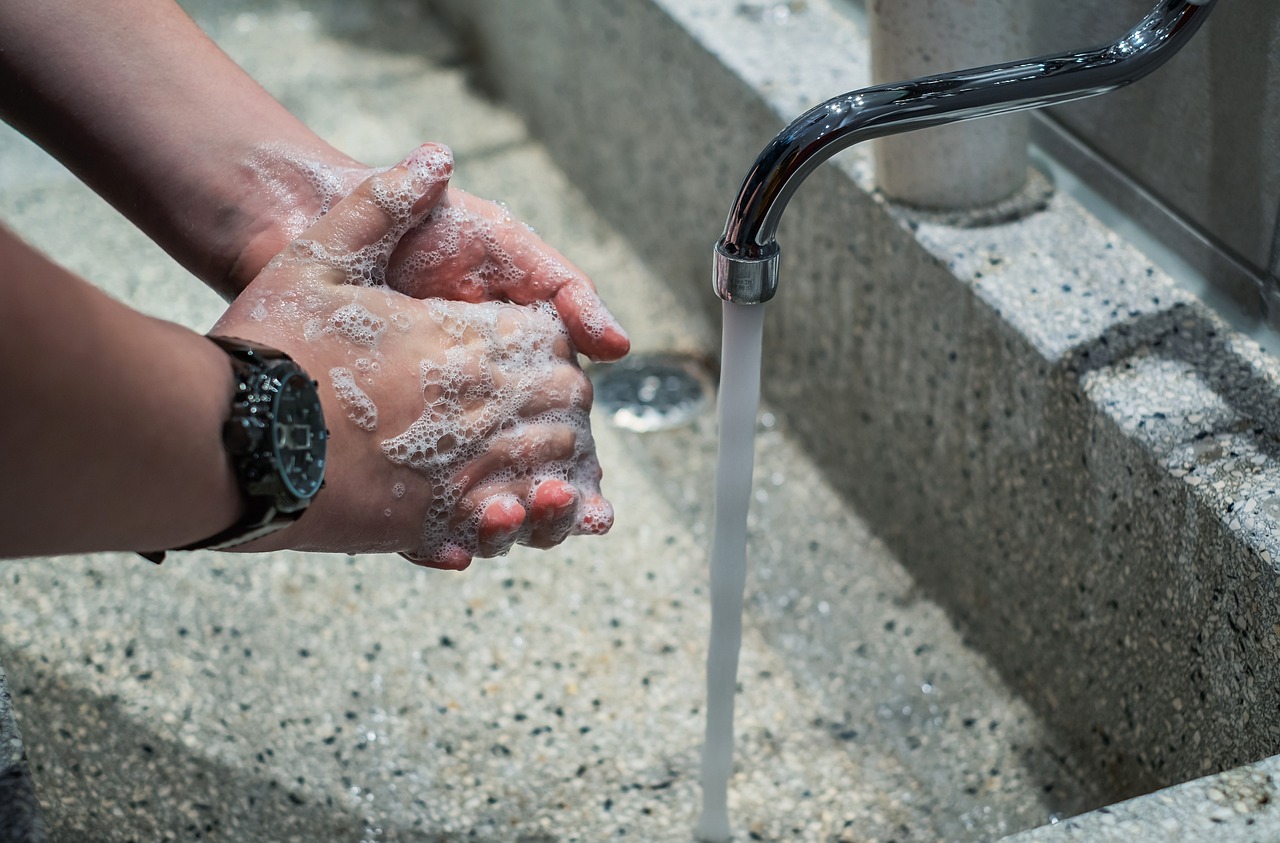
Taking good care of yourself means making sure you are clean and well-groomed. This is a crucial skill because it helps people be clean and make a good first impression.
Strategies to teach good hygiene:
- Talk about good hygiene, like washing your hands and taking a shower or bath every day.
- Depending on the age level, provide hygiene reminders.
- Talk to a school counsellor or social worker about getting a lesson on taking care of yourself.
10. Using Polite Words
Another technique to spread compassion is to use pleasant and polite phrases. This is also referred to as “using only kind words.”
Strategies to teach using polite words:
- Teach about kindness and why it is important.
- Discuss the use of polite and kind language.
- Teach about using a social filter, which includes considering how our words affect others.
11. Taking Turns
Learning to take turns means switching between two or more people. This is a very important social skill if you want to be polite and respectful in conversations and other situations.
Strategies to teach taking turns:
- Talk about what it means to take turns and what might happen in sports, conversations, games, and other situations.
- Use board games to work on taking turns.
- Talking is a good way to practice taking turns (whole class and small groups).
- When it’s their turn to talk, have the students hold something unique, like a ball or stuffed animal.
12. Greetings
Making people feel welcome and important is a key social skill. Teaching children and young adults how to greet each other properly can help make the community better. This is also a key social skill for the workplace and the rest of your life.
Strategies to teach greetings:
- Model greetings each morning with each student as they walk in.
- Teach different greetings and allow students to choose how to greet each other.
- Start the day with a morning meeting and a greeting.
13. Being a Good Sport
Social skills for kids: Being a good sportsperson can benefit children, and young adults are courteous when participating in games and activities. It can also help kids cope with loss positively by focusing on having fun rather than winning.
Strategies to teach being a good sport:
- Teach and discuss what it means to be a good sport.
- Rather than winning, focus on having fun, playing, and learning.
- Give reminders about how to be a good sport before activities.
- Use social scripts to remind people before activities to be a good sport.
- During games, practice being a good sport (anything from board games to outdoor sports during recess).
- When kids lose, practice and discuss having a growth mentality.
14. Making Eye Contact
Eye contact is an important aspect of communication. Some children have difficulty looking at the person to whom they are speaking. Whether your child is introverted, prefers to stare at the floor, or refuses to look up while engaged in another activity, emphasize the value of good eye contact.
If your child has trouble maintaining eye contact, give him or her a quick reminder after the fact. “Where should your gaze be directed while someone is speaking to you?” You don’t want to contribute to the anxiety of a shy child. Also, congratulate your kid when they remember to look at people when speaking.
Consider showing your child how it feels to converse with someone who isn’t making eye contact:
- Ask them to tell you a story while you look down, close your eyes, or look anywhere.
- Ask them to tell another story and make eye contact as they talk.
- Discuss how each incident made you feel.
15. Self-Control
Social skills for kids: To learn self-control, they must already know how to control their emotions. In earlier stages, regulating emotions is more about calming down and taking care of yourself. Self-control, part of emotion regulation, is more about knowing how your actions affect others.
Children in this stage and school need self-control to sit still, follow directions, control impulses, and act properly.
How To Teach Social Skills To Kids
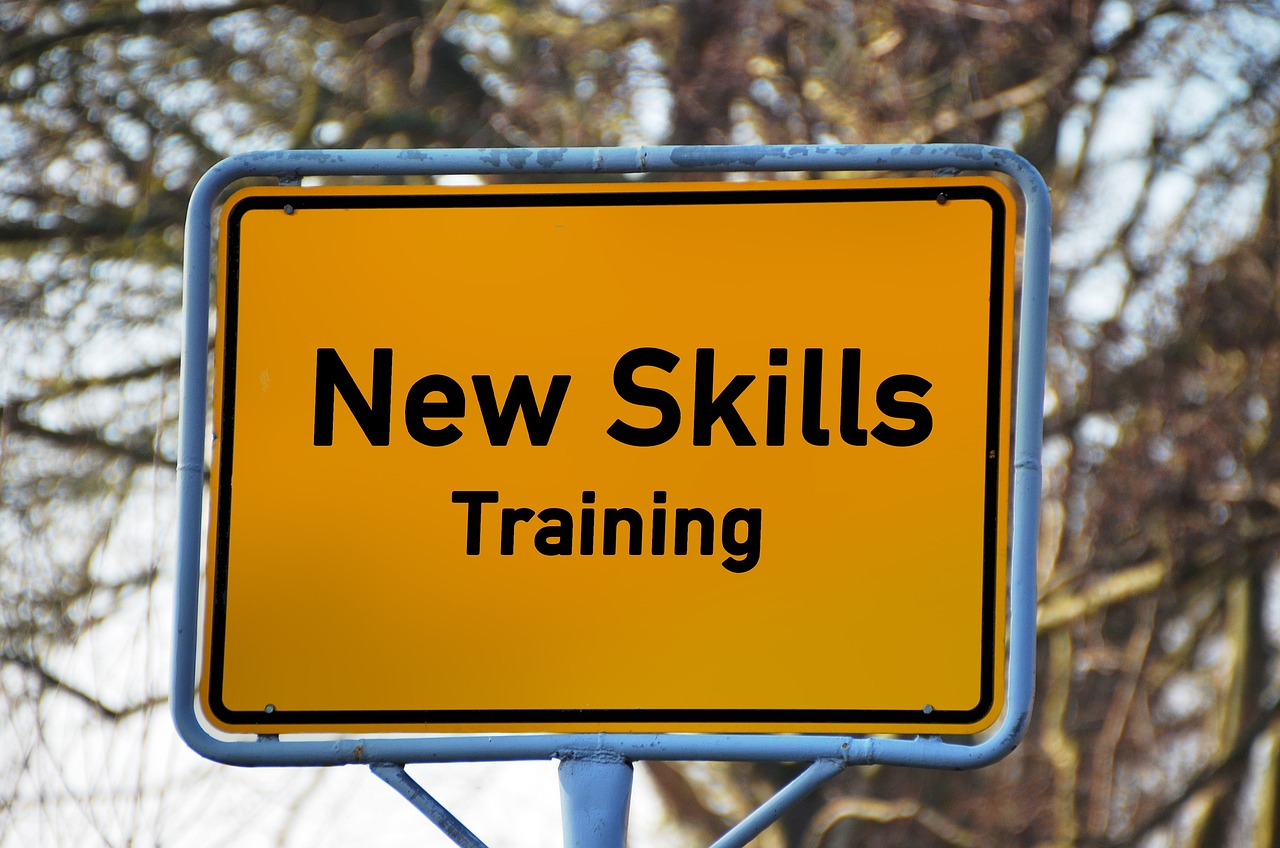
Now that you know what kind of social skills kids need, how can you teach them at home? Let’s take a look!
- Normalize Mistakes
Your child should understand that you do not expect perfection from them. There is no way to execute these social skills flawlessly anywhere.
That’s fine! It is welcome. Mistakes are natural; they teach us what went right and wrong.
Make it a point to normalize this for your kid. If they understand that all humans learn this way, it will be simpler to push through the pain of a mistake and try again.
2. Encourage Sharing (Without Violating Boundaries!)
Social skills for kids: Even though sharing is great and should be encouraged, your child may not want to share some things that are important to them. This is especially true of special toys, blankets, and stuffed animals.
This is also fine! It’s good for your child to make limits that you and other kids will follow. Don’t force people to share if you want them to.
Encouraging without forcing also shows kids how to set, acknowledge, and respect personal boundaries.
This will make them want to share with the people around them because they will feel safe knowing that what is important to them has been kept separate. It will also teach them to be clear about their and other people’s limits regarding playing, school, or emotional problems.
3. Check Their Listening
Pay attention to your child’s listening abilities during social encounters within and outside your household. You can observe them to see if they are paying attention.
Do they appear to be interested? Are they curious?
Remember that listening to your child is just really vital. This shows how important what they say is and encourages them to listen to you.
4. Think About How You Give Directions
Social skills for kids: When teaching children social skills, the parent or authority figure is responsible for ensuring that the orders they give are something a young child can properly perform.
Be direct, firm, and gentle while providing instructions. As previously stated, children have trouble performing tasks in several directions. Begin by focusing on your child in one direction at a time.
When instructing your child, make them repeat what you want them to do. Give additional instructions only after the first has been completed. Repeat until the assignment is finished.
Your child can also give you directions! That way, students will understand what it takes to delegate, manage, and execute tasks from beginning to end.
5. Give Empathy To Get Empathy
Show your child that you care about the emotions of others! It’s more of a genuine display of empathy than a teaching moment.
If you notice your child displaying an emotion, validate it. “Oh, I see you’re excited. I appreciate how enthusiastic you are about doing this!”
You can also recognize unpleasant emotions. For example, you could say, “I realize that must irritate you. Do you know how I know? What can we do together to make you feel better?”
This makes kids feel seen and heard, and it shows them how to deal with empathy with others in similar situations.
6. Be a Good Role Model
Social skills for kids: Being conscious of how you talk with others when your child is near is critical. Are you asking others questions and then attentively listening to their answers? Do you have true empathy for your friends and family? According to the Center for Parenting Education, being an effective role model involves conscious effort and planning. Children are continuously on the lookout for the grownups in their lives.
It’s crucial to remember that developing appropriate social skills in your child will take time. Social skills are something that may be learned and improved upon throughout one’s life.
7. Know Your Child’s Limits
Some kids are naturally more social than others. A quiet and introverted youngster should not be expected to interact as an outgoing child would. Some youngsters feel more at ease in large groups, while others find connecting with their peers in smaller groups easier. It’s also critical to understand a child’s time constraints. Younger children and those with specific needs may find it difficult to socialize for more than an hour or two.
8. Role-Play With Your Children
Social skills for kids: Role-playing is another great approach to enhancing the development of social skills. Make possibilities for you to put your abilities to use.
You can pretend to be in a restaurant and ask for whatever they want. The arms-length distance can teach a child about personal space and the importance of keeping their hands to themselves.
If you read a story to a youngster, ask them what they recall to help them develop their listening skills. When telling a story, make eye contact. You can discuss how they felt after you’ve gone through the scenario to ensure they understand why it’s important.
9. Offer Praise and Positive Reinforcement
Positive reinforcement is an excellent technique to encourage children to use social skills. When providing praise, be direct by saying, “Thank you for putting your toys away as I asked.” These are straightforward and obvious reinforcement words that show they obey the guidelines.
Reinforce a child’s listening and operating abilities if they have problems following directions. You might ask your child to do something and immediately praise them for listening and following directions.
Please continue to do this until they become more cooperative.
10. Learning Through Playing
Social skills for kids: Listening to others, modelling behaviour, and using language are all ways for children to learn. They do; however, they love learning through play. There are numerous ways to combine social skills development through play.
Children can engage with other children and practice social skills in a kindergarten or childcare setting. They will face obstacles that need them to solve problems, share, handle conflict, take on leadership, and show sensitivity to others.
In this environment, a youngster can grow and learn in various ways. It is especially beneficial because it takes place outside the home, allowing a child to interact with people other than their immediate family. This places them in a tough new situation where they can put their skills to use while also learning from other kids.
In the correct atmosphere, with support and encouragement, special programs can assist in fine-tuning a child’s social development.
11. Teaching Emotion Regulation and Understanding
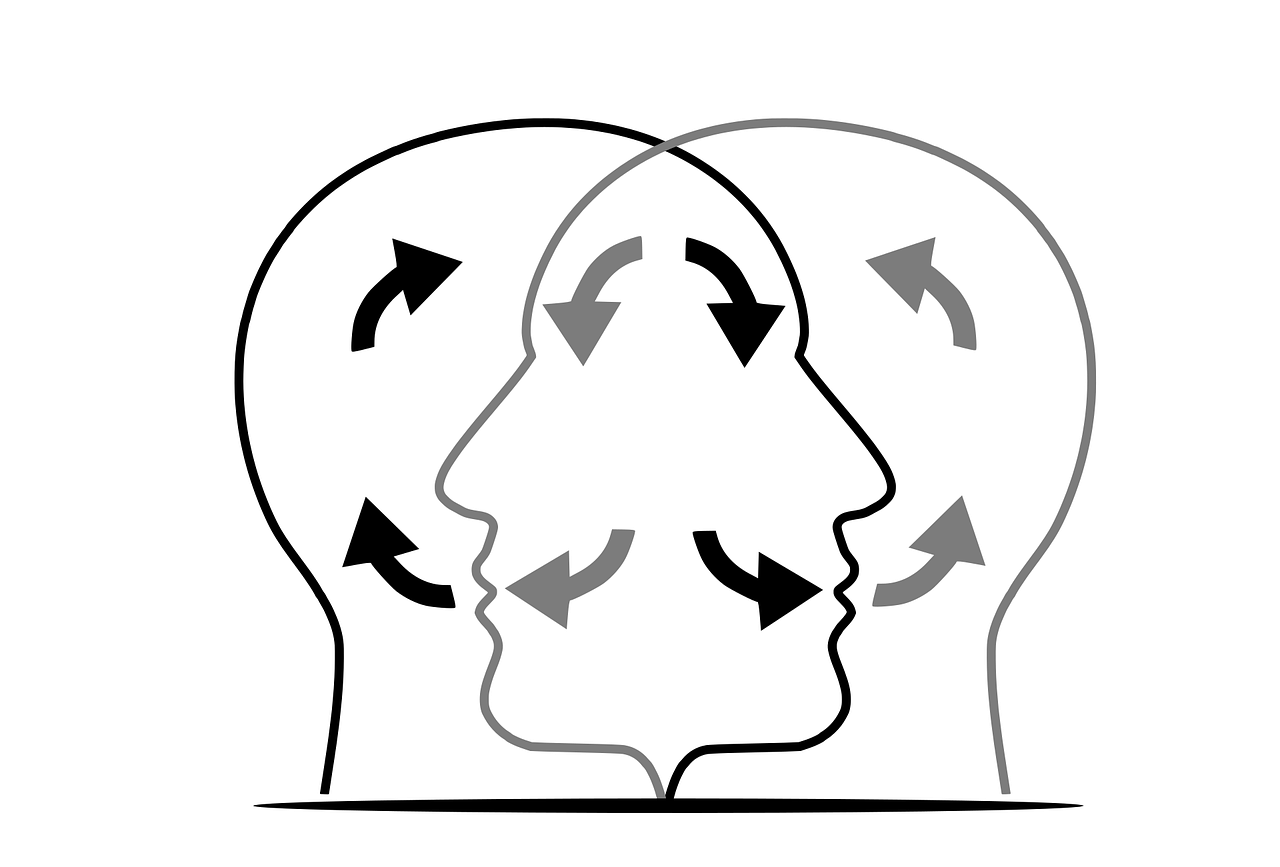
Social skills for kids: Helping a kid understand the function of emotions is an excellent approach to teaching social skills. This includes assisting them in understanding their own and others’ emotions.
You can use flashcards with faces displaying various emotions. You can ask the child to make a face representing a specific feeling.
Ask the youngster to describe emotions and how you can comfort them. Emotion control can be challenging for some youngsters who want supervision when experiencing strong emotions.
Understanding the feelings of others will also teach the youngster key social skills such as empathy.
FAQs: Social skills for kids
1. What Are Social Skills?
Social skills for kids: We use social skills daily to interact and talk to others. Speech, gestures, facial expressions, and body language are examples of nonverbal communication. People have great social skills if they grasp written and implied rules while speaking with people and know how to behave in social circumstances.
2. Why Are Social Skills for Kids So Important?
Social skills for kids: We use them all the time because they can help us grow closer to the most important people. In other words, they’re “critical in developing and maintaining friendships.”
Nonetheless, social skills are critical to your child’s future success.
So much so that some experts believe that “developing excellent social skills for children is as vital as teaching arithmetic and reading.”
Leadership, empathy, and teamwork are valued in today’s workplace.
3. Benefits of Developing Social Skills in Children
Social skills for kids: Children develop their social skills in different environments. They start at home and then usually continue their development at school or with a therapist.
Here are some of the benefits of teaching positive social skills to your child:
- They’re able to make friends.
- They can adapt to different situations and cultures.
- They’re better communicators.
- Better listeners
- They’re able to build better relationships.
- Increased happiness
- Better career prospects
- Reduced stress
4. What can happen if problems with social skills aren’t fixed?
Social skills for kids: When children struggle with social skills, they have difficulties with the following:
- Making new friends.
- Keeping friendships with peers.
- Communicating well with strangers in situations such as asking for help at a store, asking for directions if lost, and bargaining with someone with whom they disagreed.
- Reading and understanding social settings.
- Understanding jokes and figurative language while interacting with others, watching TV shows and movies, and reading books
- Managing failure.
5. What type of therapy is recommended for social skill difficulties?
Social skills for kids: Talk to a doctor or nurse if your child seems to be having more trouble than other kids with making friends. A lack of social skills can signify other problems, but catching up may take a little more practice and maturity.
Children with ADHD or autism may be behind their peers in social skills. A doctor can look at your child and decide if he or she needs treatment to improve social skills.
6. What can be done to improve social skills?
- Playing with your child will help them learn to pay attention to each other, share interests, take turns, work together, and play fair with toys.
- Emotions: Help the child understand and display their emotions and recognize them in other people.
- Empathy: Help the child know and recognize how other people feel in particular situations.
- Social stories: These are used to teach kids specific social skills that may be hard for them to grasp or understand. The story’s goal is to help the child understand by describing a situation in detail and suggesting a good way to act.
- Social skill groups: These groups are set up to help people learn how to get along with others.
Final words: Social Skills For Kids Are Essential.
Social skills for kids: Even though your child needs to learn many skills, social skills are the most important. When teaching a child social skills, it’s important to show them how to behave, help them control their emotions, give them positive feedback, play roles, and learn through play.
The more your child sees how good it is to have good social skills, the more natural they will seem to them. But each child learns at a different pace. We know that they’ll get there with practice (and time! ).

